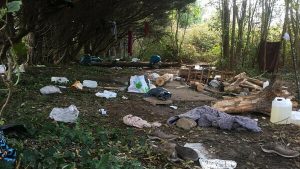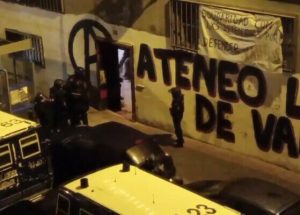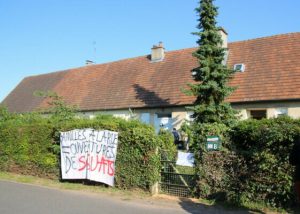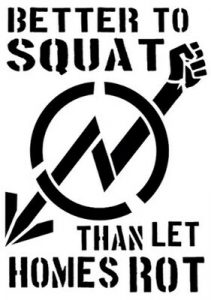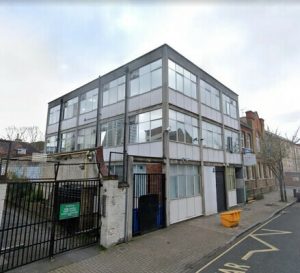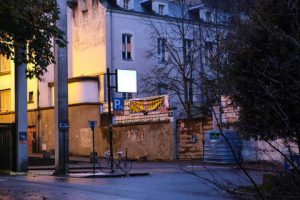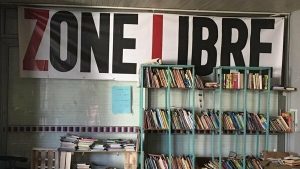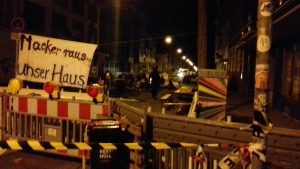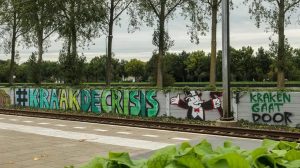 The self-organized refuge ChezJesOulx calls everyone for a walk of resistance sunday 1st november at 11h from Claviere. The walk will be preceeded by a day of discussion on related topics such as: the border and the repression deriving from it, the detentions in the CPR, the exploitation connected to migratory flows in the Saluzzo countryside and beyond, at the occupied Casa Cantoniera in Oulx on the 31st of october at 11h.
The self-organized refuge ChezJesOulx calls everyone for a walk of resistance sunday 1st november at 11h from Claviere. The walk will be preceeded by a day of discussion on related topics such as: the border and the repression deriving from it, the detentions in the CPR, the exploitation connected to migratory flows in the Saluzzo countryside and beyond, at the occupied Casa Cantoniera in Oulx on the 31st of october at 11h.
Solidarity is under attack on both sides of the border, from the high valsusa to the briançonnais. In Italy, the Casa Cantoniera Occupata has continued for two years now to provide a free and self-determined space for all people who want to fight for their freedom of movement. The principles of self-management, anti-authoritarianism and direct solidarity guide our political project. As part of an investigation involving more than 170 people, 17 of them have received a residence ban from the border territory, the first time a precautionary measure is confirmed against an occupation.
In France, the occupied house in Gap, Cesai, was recently evicted, although this did not prevent the reopening of a new space, Chez Roger. In Briançon, the new mayor, Arnaud Murgia, declared open hostility to all solidarity initiatives, with the intention of closing the Maraudes and the CRS legal refuge,legally under possible eviction from the 28 of october. In addition, at the end of the summer, 60 new gendarmerie units were mobilized at the border between Montgenèvre and Claviere to increase the level of surveillance and pushbacks, with the support of the Italian police. But, as several cases already demonstrate, closing the borders, the places of association and struggle has never been a deterrent to migration. [Read More]
